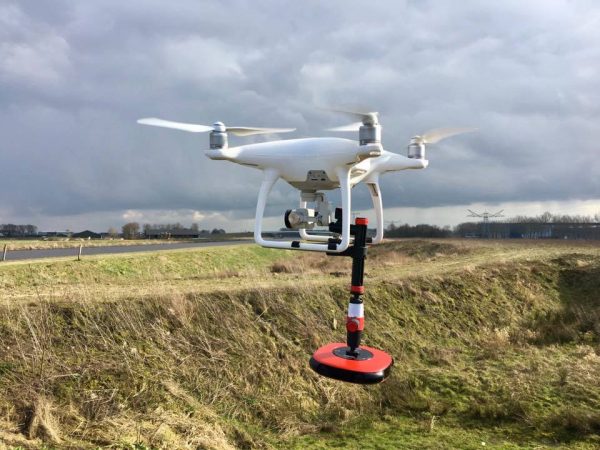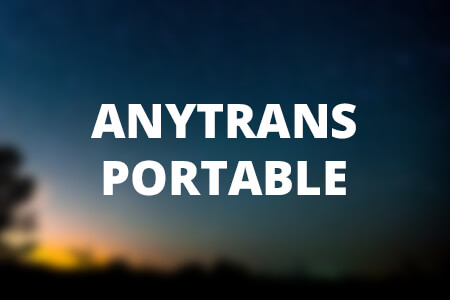

I then created a config parameter telling Azureus where to find the Java files.

Option 3 - The Java on the USB method: For this what i did was created a very small Java runtime environment composed of only the core essentials for Azureus to work. Option 2 - The Thinstall method: Used the Thinstall virtualisation suite to package JRE and Azureus into one. EXE program which when run will open Azureus on any computer without the need for java. For this i used the Excelsior program which packages everything into a small. Option 1 - The Excelsior method: which is the one i have uploaded here, which works by compiling the Java class files into native x86.

Yes it is possible, ive got three different portable azureus packages on my computer which i made yesterday However if requested i can upload the completely open source method with a 7zip file containing a minimized packaged java runtime environment and the core Azureus 2.0/3.0 modules. I did this in a bit of a hurry whilst i was experimenting around last night. Only reason i uploaded the Excelsior one instead was because it takes care of any registry modification for me thus i can avoid having to do extra work with NSIS installers etc to make sure it leaves no traces on the computer. It worked perfectly and i was able to put it on a 128 mb usb stick and tested in on three computers which dont have the the Java Runtime installed. Whilst i was working on this last night i did in fact manage to accomplish the same thing without using the Excelsior program by creating a small java runtime environment and creating a jre config file which directed Azureus to the runtime environment.

So i can distribute the Azureus program, just not the Excelsior program which helped package it. In actuality the end product isn't really closed source since its effectively just a downsized java runtime environment. Production and redistribution use of Excelsior JET Runtime on general purpose desktop computers and servers are royalty-free according to Excelsior.


 0 kommentar(er)
0 kommentar(er)
